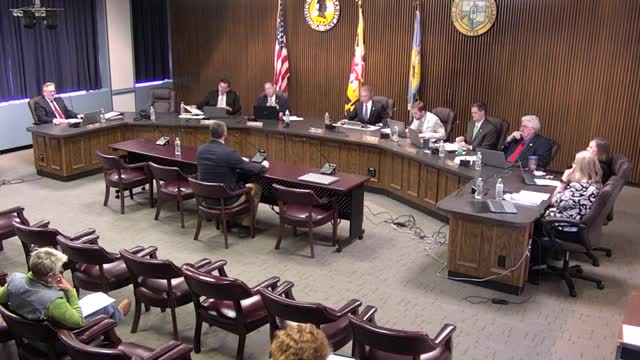Article not found
This article is no longer available. But don't worry—we've gathered other articles that discuss the same topic.
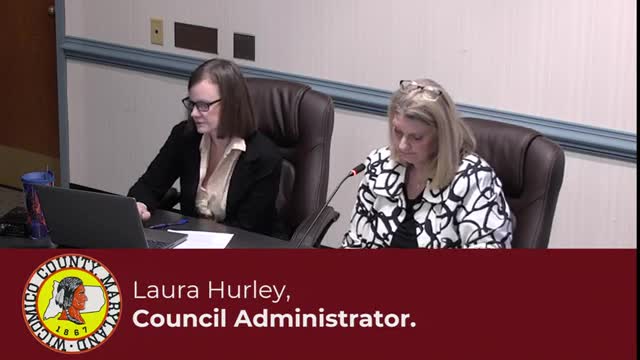
Wicomico County Council approves FEMA grant amendment, investment policy amendments and legal appointments
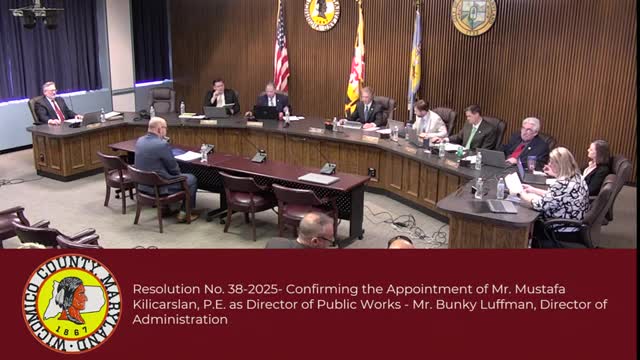
Wicomico County council approves public works director pay increase after debate over pay scale and PE requirement
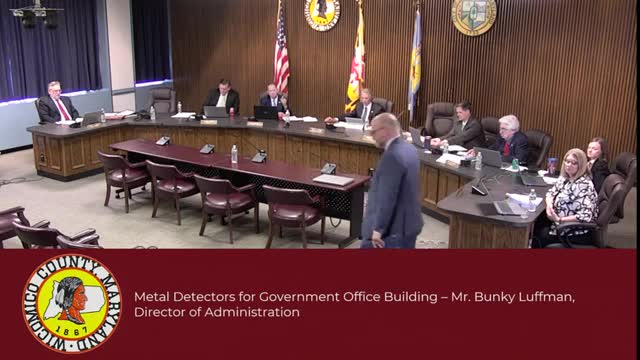
Council considers metal detectors and staffed entry for county government building; parking and staffing complicate options
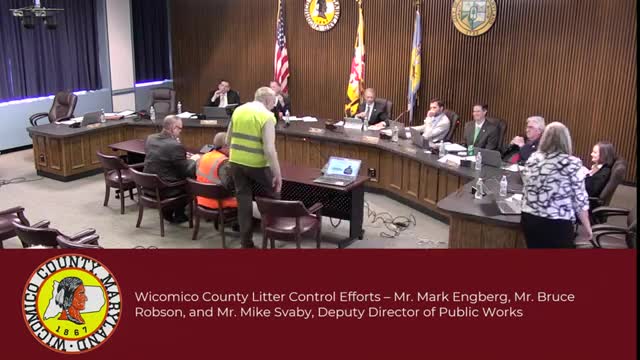
Wicomico Clean volunteers press council for paid litter-remediation coordinator as solid-waste staff outline duties
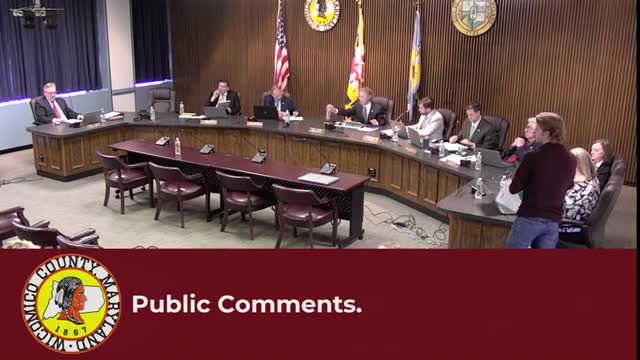
Residents and environmental groups back county stop-work order for proposed Hickory Mill biorefinery
